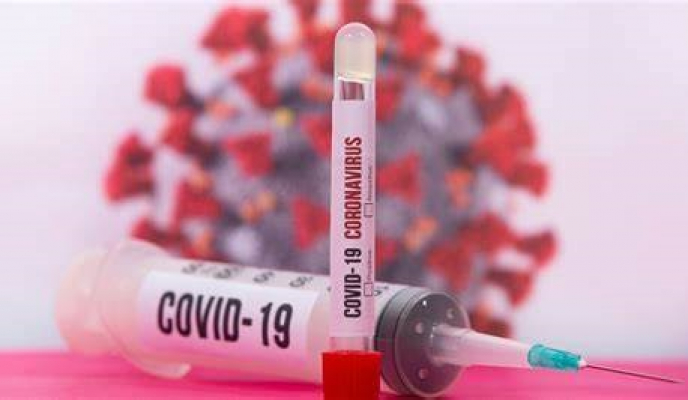

How would COVID-19 vaccine makers adapt to variants?
By tweaking their vaccines, a process that should be easier than coming up with the original shots.
Viruses constantly mutate as they spread, and most changes aren't significant. First-generation COVID-19 vaccines appear to be working against today's variants, but makers already are taking steps to update their recipes if health authorities decide that's needed.
COVID-19 vaccines by Pfizer and Moderna are made with new technology that's easy to update. The so-called mRNA vaccines use a piece of genetic code for the spike protein that coats the coronavirus, so your immune system can learn to recognize and fight the real thing.
If a variant with a mutated spike protein crops up that the original vaccine can't recognize, companies would swap out that piece of genetic code for a better match — if and when regulators decide that's necessary.
Updating other COVID-19 vaccines could be more complex. The AstraZeneca vaccine, for example, uses a harmless version of a cold virus to carry that spike protein gene into the body. An update would require growing cold viruses with the updated spike gene.